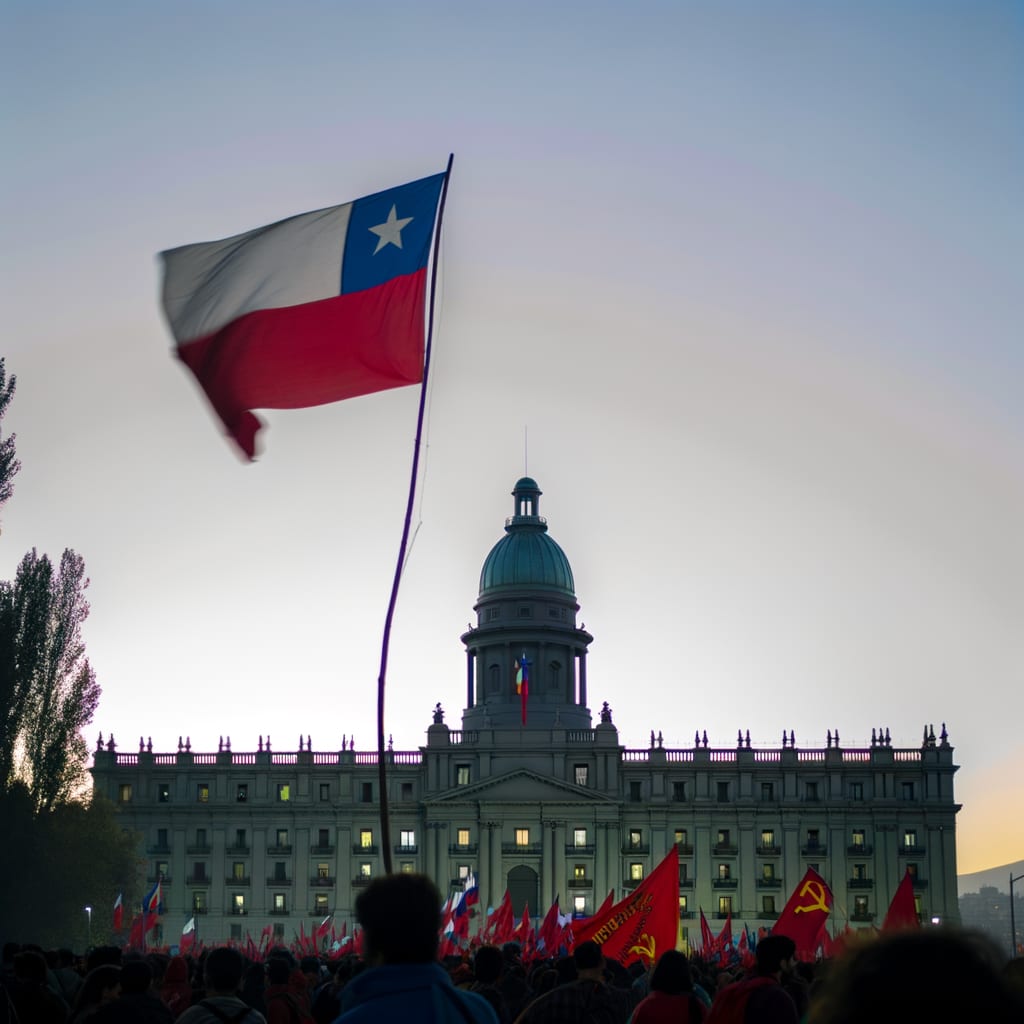Chile's Presidential Election Headed for Runoff Between Communist and Far-Right Candidates
In a critical presidential election, Chileans have begun voting for the successor of left-wing President Gabriel Boric. The election, marked by fears over crime and immigration, is expected to go to a runoff, according to multiple polls. The final contest is projected to be between Communist Party candidate Jeannette Jara and far-right candidate José Antonio Kast.
Context and Background
The presidential and legislative elections, which began at 8 am on 16th November, were marked by the recent compulsory voting law that could bring a surge of new voters, adding uncertainty to the predicted outcomes. This election will not only determine the next president but will also redefine the nation's legislature. The political future of the country is being closely watched as the shift in power could possibly favor the extreme right.
Key Developments
The election has been dominated by the debate on crime and immigration, with the right-wing candidates linking crime to undocumented migrants and proposing plans to expel them. Over 15 million Chileans are registered to vote, and the election day saw wide participation without incidents.
President Gabriel Boric was one of the first to vote, carrying his daughter in his arms. Later, he acknowledged the two leading candidates, Jara and Kast, in an address to the nation, stating that the next president would determine the country's path for the ensuing four years.
Controversy and Polarization
Controversy and polarization marked the election campaign, with false news and surveys circulating on social media and candidates utilizing a war of discourses in their campaign closing acts. As the election day approached, the candidates unleashed their entire arsenal in the final stretch of the contest.
Implications and Reactions
The election has been seen as a pivotal moment in Chile's political history, with some sources suggesting that the extreme right is knocking on the door of power, thirty-five years after the end of the dictatorship. The election has also been marked by the rise of an outsider, Johannes Kaiser, who emerged as a potential challenger to the frontrunners.
Conclusion
With initial results trickling in, a second round of elections is expected in December as neither candidate seems to have gained the necessary 50% threshold to avoid a runoff. This runoff will be a clash of political extremes, representing a seemingly extreme choice for the Chilean voters between a communist and a far-right candidate.

